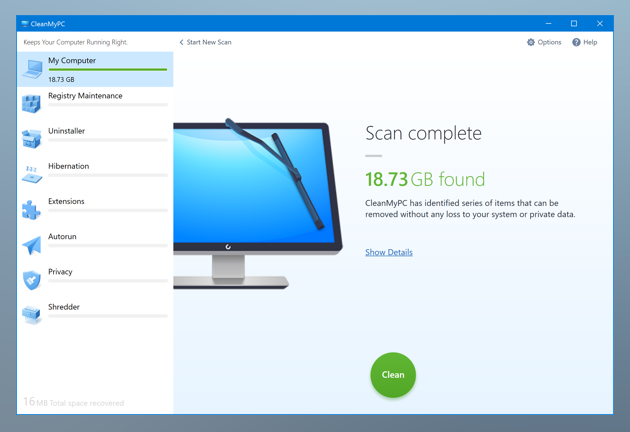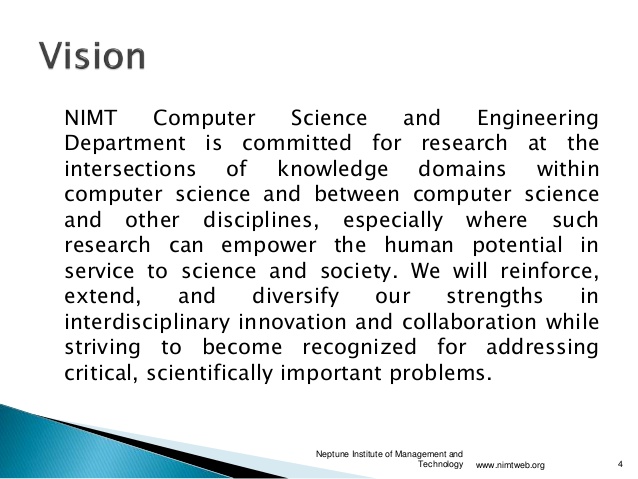Career opportunities in computing are growing faster than average across the economy. People with the necessary information technology skills and knowledge are in demand and have a great deal of choice. The field of careers in the field of computer systems is vast. Job opportunities can be grouped into the following general categories:
1. Computer and information researchers invent and design new technologies and find new uses for existing technologies. They study and solve complex computer problems for business, science, medicine and other fields.
People who work in research and development need a higher level of education than other students (usually higher degrees). These jobs are fewer than other areas and are at the cutting edge of technology.
2. Programmers write code to create software. They transform program designs created by software developers and engineers into instructions that a computer can follow.
Programmers create and maintain instructions for computers to do useful work.
3. IT support specialists provide help and advice to people and organizations using software or hardware. Some are called technical support specialists, support IT employees within their organization. Others, called helpdesk technicians, assist non-computer users with computer problems.
Technical Support Specialists are the people users call when they encounter difficulties or have difficulty using information systems on the site.
4. Computer systems analysts study an organization’s current IT systems and procedures and make recommendations to management to help it operate more efficiently and cost-effectively. They combine business and information technology (IT) by understanding the needs and limitations of each.
Analysts and designers determine system requirements and design specifications for systems that meet their needs. Analysts and designers know how the availability of information influences organizational decision-making.
5. Database administrators use software to store and organize data, such as financial information and shipping records of customers. They make sure the data is available to users and is protected from unauthorized access.
Database specialists analyze, design, and implement databases that track the organization’s records. The information extracted from the databases is usually presented to users in a report format.
6. Information security analysts ensure that corporate information is safe from cyber attacks and ensures their security. The Information Security Specialist implements a security policy and best practices across the organization. Security analysts work closely with network administrators to ensure the confidentiality, integrity, and availability of networks.
7. Web developers create websites to help businesses get to know one another and develop internal websites called intranets. Many web developers are responsible for maintaining online websites sold to customers.
8. Architects and IT administrators create the network infrastructure used by all organization employees. Architects and network administrators are responsible for the day-to-day operation of an organization’s computer networks. They organize, install, and support a company’s IT systems, including local area networks (LANs), wide area networks (WANs), network segments, intranets, and other data communications systems.
9. Software developers are the creative minds behind computer programs. Some develop applications that allow users to perform specific tasks on a computer or other device. Others develop the underlying systems that run the devices or control the networks.



















